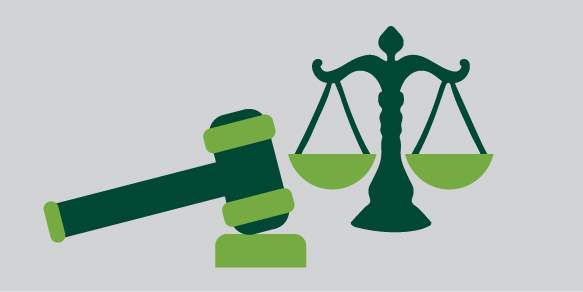
Beginning January 1, 2024, two new laws in California will take effect. The laws regulate how California employers can respond to off-duty cannabis use by employees.
Assembly Bill (AB) 2188
AB 2188, passed in 2022, prohibits employers from discriminating against an individual based on their use of cannabis off the job and away from the workplace. AB 2188 also prohibits taking adverse action based on a drug test that only identifies non-psychoactive cannabis metabolites in the individual’s hair, blood, urine, or other bodily fluids.
The law only protects cannabis use off the job and away from the workplace. Employers can still prohibit use, possession, or distribution of cannabis at work. Employers can issue disciplinary actions for impairment when working as well.
Additionally, employers can still conduct pre-employment drug tests and tests during employment for cannabis, as long as nonpsychoactive metabolites are not part of the screening. Nonpsychoactive metabolites do not indicate impairment from cannabis, only that a person has consumed cannabis in the past. The intent of drug testing is to identify employees who may be impaired.
Senate Bill (SB) 700
SB 700, passed earlier this year, amends the California Fair Employment and Housing Act (FEHA). This amendment prohibits pre-employment inquiries into an applicant’s prior use of cannabis. Additionally, employers cannot use information about cannabis use obtained from a person’s criminal history to discriminate against a person in hiring, termination, or any term and/or condition of employment.
Exemptions to AB 2188 and SB 700
- Employees in the building or construction trades.
- Employees hired for positions which require federal background investigations or security clearances.
- Does not preempt state or federal laws that require applicants or employees to be tested for controlled substances.
AB 2188 and SB 700 Compliance Recommendations for Employers
- Review Policies and Programs – Employers should review and revise their anti-discrimination policies, drug use policies, drug testing programs, and any policies or programs concerning criminal background checks.
Consult with qualified legal counsel to determine and make any necessary changes needed to comply with the new laws.